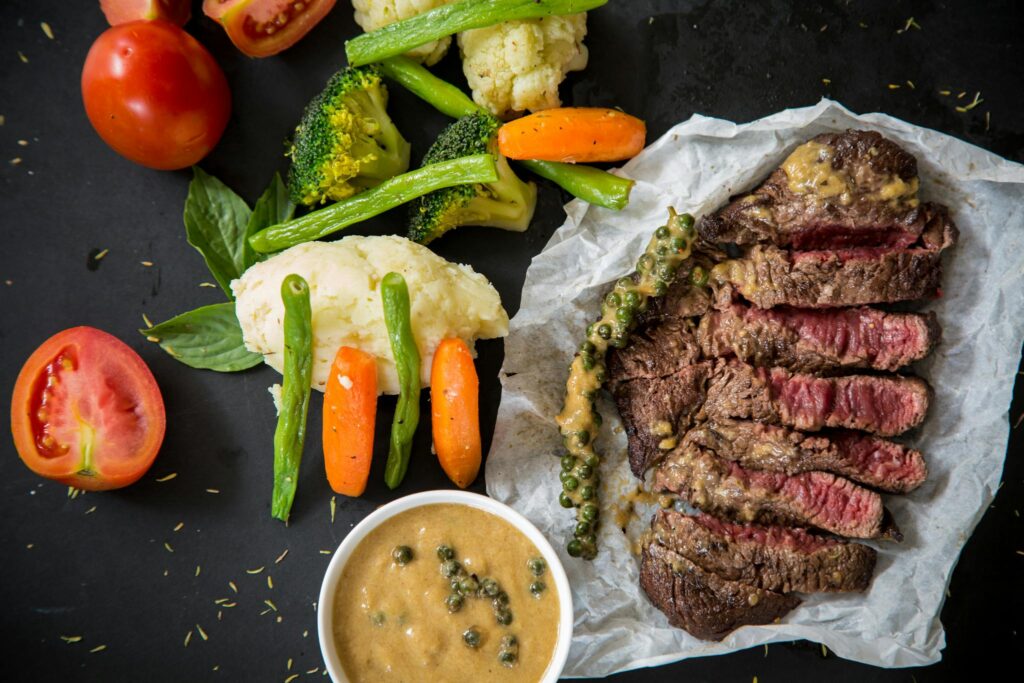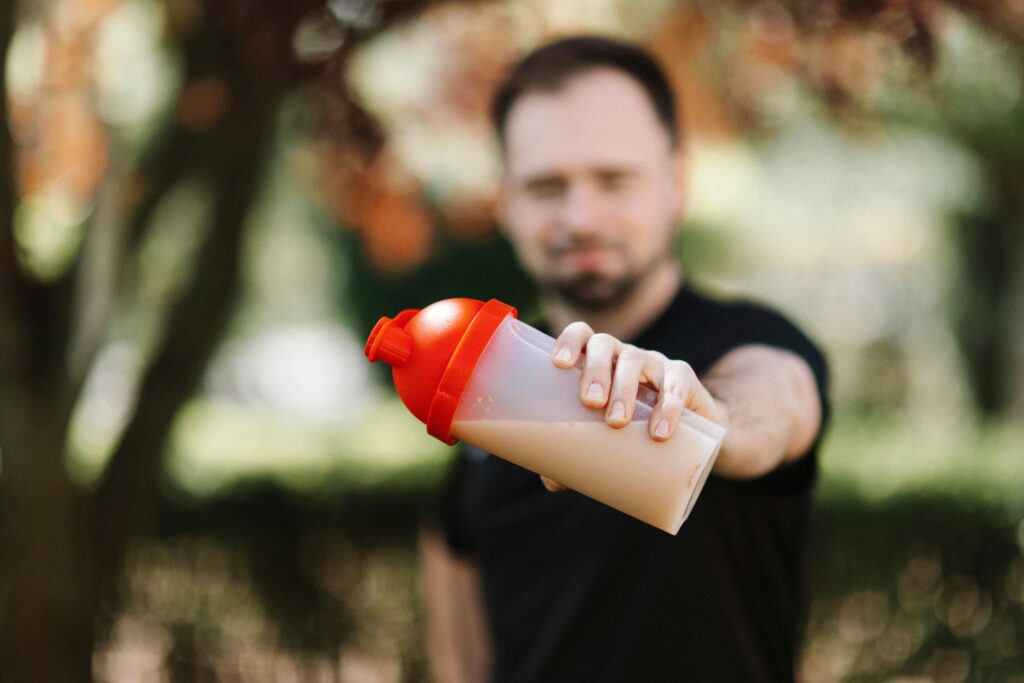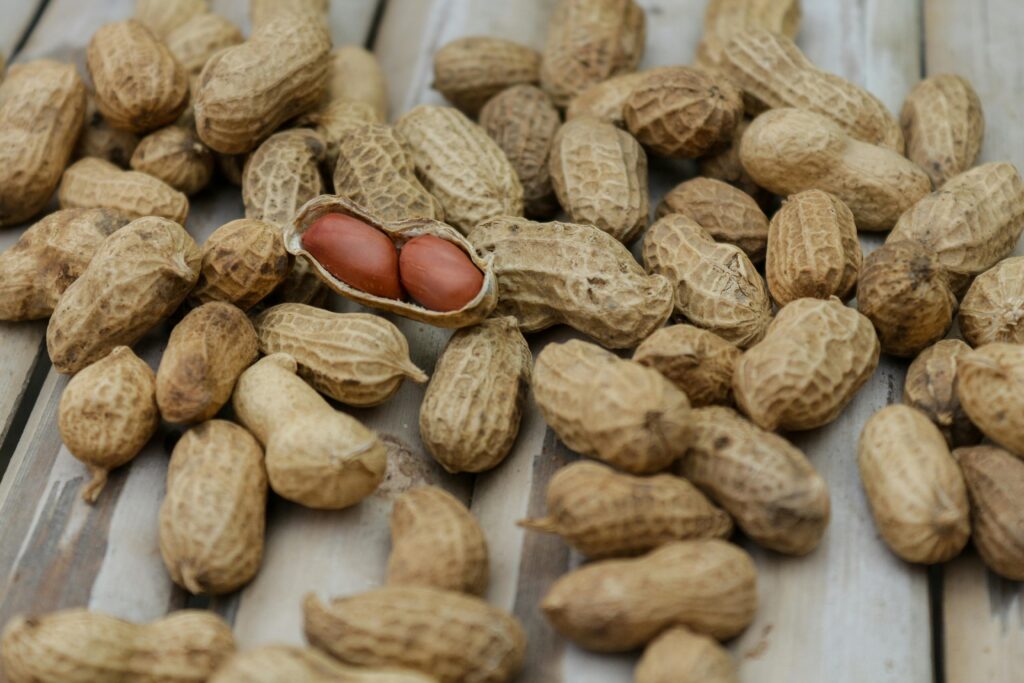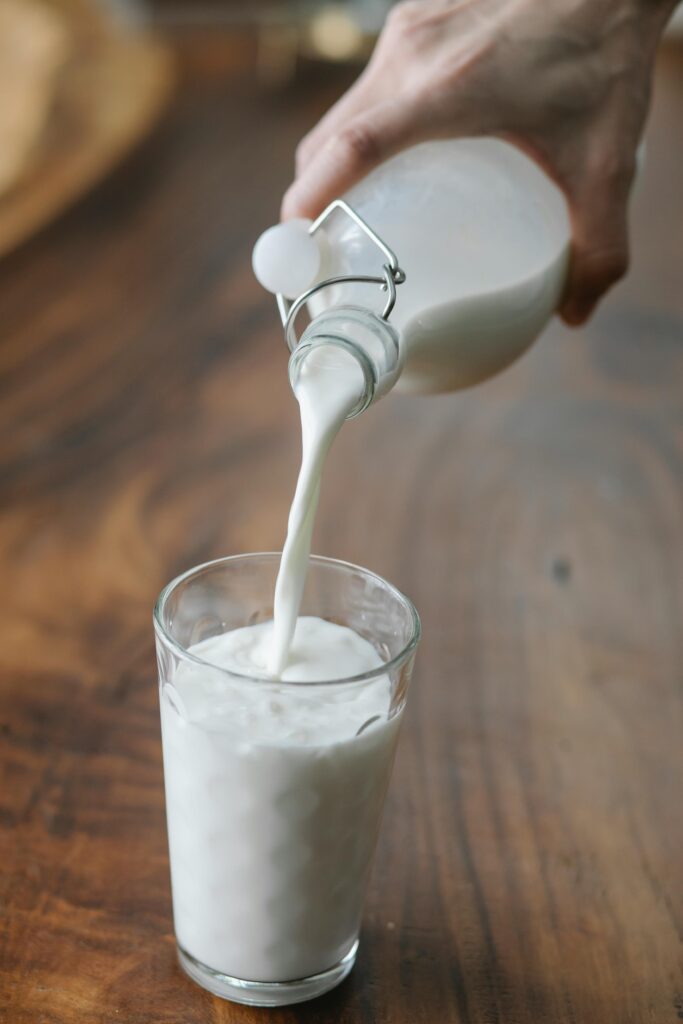How do you choose which protein product to purchase when there are so many options? This is all the information you require.
The three primary categories of macronutrients—nutrients needed in significant amounts on a daily basis—in diet are fats, proteins, and carbohydrates. They provide all of the diet’s calories and 90% of its dry weight. The amount of energy in one gram (1/28 ounce) varies, but all three produce energy (measured in calories):
- A gram of protein or carbohydrate contains four calories.
- A gram of fat contains nine calories.
The rate at which these nutrients provide energy varies as well. Fats are the slowest and carbohydrates the fastest.
The intestine breaks down proteins, lipids, and carbohydrates into their most basic components during digestion:
- Converting carbohydrates to sugars
- Amino acids from proteins
- Fats into glycerol and fatty acids
These building blocks are used by the body to create materials (such as additional carbohydrates, proteins, and lipids) that are necessary for development, maintenance, and activity.

The significance of protein
One essential component of the body is protein. It is essential for tissue upkeep and repair, hormone and enzyme synthesis, and immune system support. The greatest protein foods are essential for muscle building and recovery for athletes and fitness lovers.
Beyond these purposes, however, protein also helps control weight by maintaining lean muscle mass while losing weight and encouraging fullness.
We’ve also looked at a range of widely available brands for tips on better buys.
Protein for athletes
People who exercise heavily tend to have a greater appetite, and they usually get enough protein from normal food without the need for a special high-protein diet or supplements.
Heavy exercisers typically have a larger appetite and obtain adequate protein from everyday foods without the need for supplements or a particular high-protein diet.

Protein to help you lose weight
Most Australians get plenty of protein in their diet and don’t need protein supplements to achieve weight loss.
People who are trying to lose weight are another important target market for protein supplements. Protein powders, bars, and snacks that promise to aid in weight loss are widely available at pharmacies, health food stores, and supermarkets.
Supplements as a substitute for meals
Certain weight-loss protein supplements can be used in place of meals and include extra vitamins and minerals. If this seems like what you’re looking for, read the label; it should indicate whether it can be used as a meal replacement or just as an additional drink or snack.
Benefits of Supplementing with Protein:
Greater biological value (BV). BV is frequently used to assess the quality of protein since it quantifies the amount of protein that is taken up from diet and integrated into the body. There is no denying that protein supplements have higher BV scores than food, notwithstanding the limits of this protein usage metric. Products with a high BV include.
- Whey protein: 96+ BV
- Chicken egg: 94 BV
- Cow milk: 90 BV
- Rice: 83 BV
- Chicken: 79 BV
- Fish: 76 BV
Ease of use. The most convincing argument for protein supplements, in my opinion, is that they are incredibly practical. Protein powder can be packed in your exercise bag, but a chicken meal cannot. Protein supplements are a fantastic choice if you’re constantly on the go or don’t have time to sit down to eat.

Fat-burning ingredients
If you’re looking for that extra weight-loss edge, will fat-burning or thermogenic ingredients help? Unfortunately it seems that so-called thermogenic ingredients (those that tend to increase heat in the body) such as L-carnitine, green tea extract or caffeine, won’t do much for weight loss above and beyond exercise and sensible eating.
But do you really need special supplements?
Will fat-burning or thermogenic substances help you lose weight if you want to gain an advantage? Unfortunately, research appears that beyond exercise and smart diet, so-called thermogenic ingredients—those that tend to raise heat in the body—like caffeine, green tea extract, or L-carnitine won’t do anything to help people lose weight.
Which Is Better, Natural Protein or Protein Supplements?
You could be wondering which option is preferable based on the advantages and disadvantages of each. However, the response to this query is quite nuanced.
A supplement is not required if you can obtain the recommended amount of protein from meals alone. The purpose of supplements is to “fill the gaps.” In this instance, they would provide the protein that your diet is lacking.
On the other hand, if you don’t receive enough protein from your diet, a supplement can help. If you have a higher protein requirement, as you might when trying to grow muscle, a supplement might also be helpful. Increasing your protein intake can help your body go through this process.

Superior Natural Protein Sources
Some natural protein sources are better than others when it comes to quality. You should incorporate the following healthy proteins in your diet:
- Lean meat (pork, turkey, and chicken)
- Fish (mahi-mahi, herring, cod, and salmon)
- Eggs
- Greek yogurt
- Cottage cheese
- Legumes and beans
- Nuts
- Seeds
To naturally boost your protein consumption, including these foods in your meals and snacks.

How to Pick Products for Protein Supplements
You are not alone if you have ever questioned how different each protein supplement is after looking at a shelf full of them. Choosing can be a little intimidating when there are so many options available.
The Cleveland Clinic has provided the following information about the various protein types to help with the process:
- The most popular protein is whey, which is easily digested, contains all the required amino acids, and increases energy and lowers stress.
- Soy protein is a popular source of protein that lowers cholesterol, helps prevent osteoporosis, and may lessen menopausal symptoms.
- Compared to whey protein, egg protein releases its protein more slowly.
- Milk protein helps build muscle and strengthens the immune system.
- A gluten-free protein substitute that is equally beneficial for those who avoid dairy is brown rice protein.
- Pea protein is easy to digest, unlikely to trigger an allergic reaction, and typically less expensive.
- Hemp protein is a plant-based protein substitute that is high in omega-3 fatty acids.
All of these criteria must be taken into account while selecting the best vitamin. Setting goals for body composition is also beneficial. Whey protein or a whey protein isolate is the best option if building muscle is the aim.
Using a supplement free of additional branched-chain amino acids (BCAAs) can help lower the risk of weight gain if weight loss is the main objective.

Any dietary restrictions must also be taken into account. Protein smoothies and powders without added sugar are beneficial for people with diabetes. A plant-based protein powder like the one mentioned above is what vegetarians should look for.
Both forms of protein can ultimately be included in a balanced diet. You can experiment to determine what suits you best as long as you remain within the range that you want for this vitamin.
Do you want to offer tailored protein advise to your personal training clients? As a Nutritionist with ISSA Certification, you can do this. Guidelines for diet and supplements are covered in this course. Additionally, it emphasizes the fundamentals of eating healthily for typical fitness objectives. This covers those that have to do with gaining muscle, decreasing weight, or both.
Suggestion
Selecting a protein powder is quite personal. There’s no reason to switch to a plant-based whey protein powder if you already use and appreciate it.
However, there are other plant-based protein powders that can also provide excellent results if you have stomach problems or would prefer to try something other than whey. Select a variant that has many plant protein sources, if possible.
The ideal protein powder for you will ultimately be one that you like, satisfies your nutritional requirements, and has 20–30 grams of protein per serving.